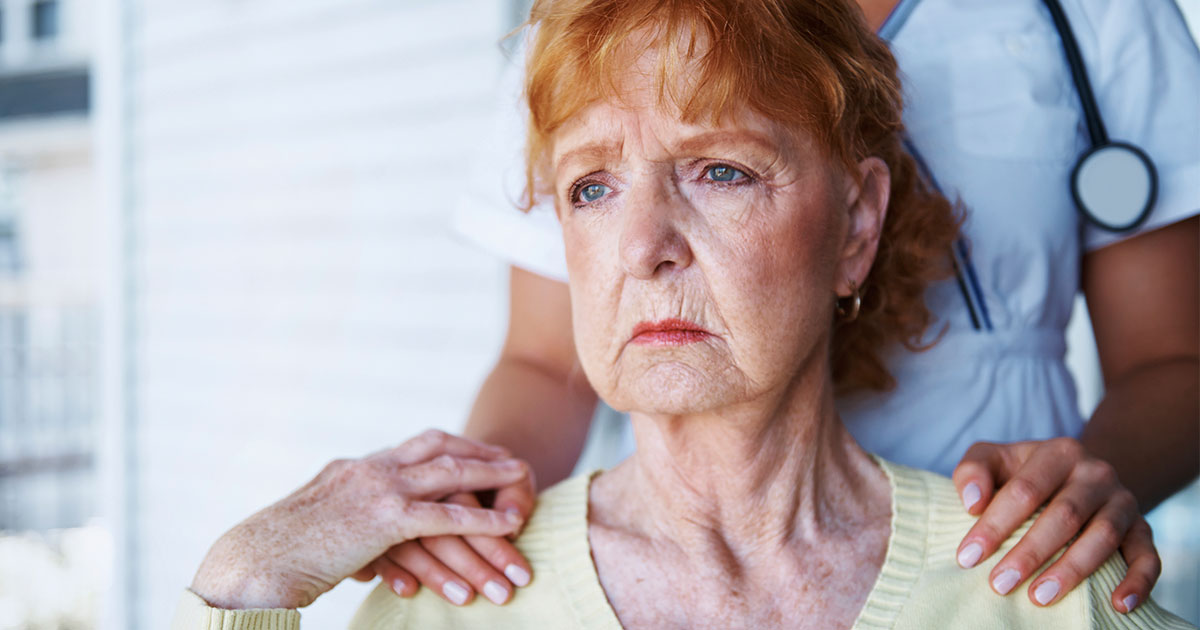Mental Health And The Menopausal Woman
Dealing With Depression

As mentioned, depression is the most predominant mental health issue a menopausal woman can suffer from during this dramatic life change. Research shows women are twice as likely to become depressed compared to men, which can greatly intensify during the perimenopause and menopause phases. Women are also likely to develop anxiety and a variety of phobias during this period. Physical symptoms, such as sleep problems and constant disruption in sleep patterns can put a patient at risk of developing depression. Researchers and doctors alike blame the increased risk of depression on the decrease of estrogen within the body that occurs years before and during menopause.
Other attributes that can increase a woman’s risk for depression include having depression before menopause (which intensifies it), negative feelings towards aging and not being able to bear children, smoking and alcohol consumption, and increased stress. Other symptoms include experiencing severe physical menopausal symptoms, having low self-esteem, not exercising regularly, lapses in memory, decreased energy, irritability, angry outbursts, and not having the social support needed during this time.
Learn about managing anxiety and menopause next.